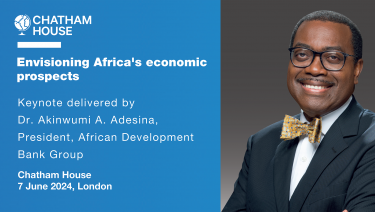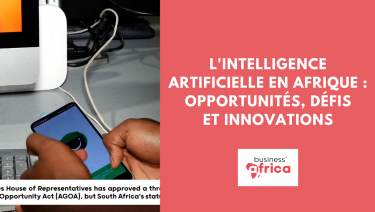
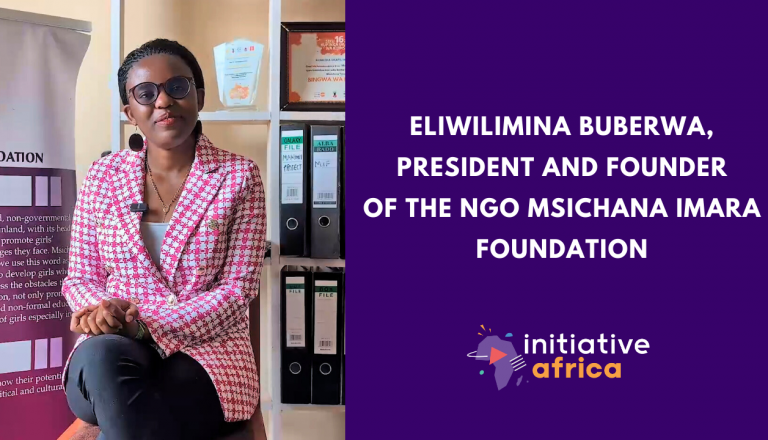
Eliwilimina Buberwa, president and founder of the NGO Msichana Imara Foundation
In this interview, Initiative Africa speaks with Eliwilimina Buberwa, founder of the NGO Msichana Imara Foundation, which is dedicated to combating period poverty in Tanzania. Drawing on her own experience, she explains how the lack of information, products, and adequate infrastructure still deprives millions of young girls of their right to education. This is a crucial discussion on a public health, gender equality, and social justice issue at the heart of rural communities. Journalist: Alexandra Vépierre

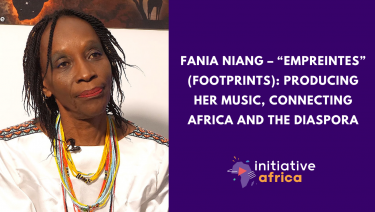
Fania Niang – “Empreintes” (Footprints): producing her music, connecting Africa and the diaspora
L'actualité en vidéo News in video
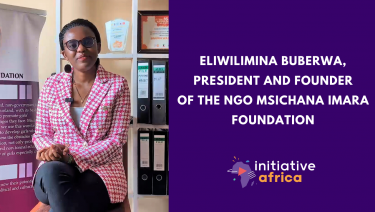
Eliwilimina Buberwa, president and founder of the NGO Msichana Imara Foundation
In this interview, Initiative Africa speaks with Eliwilimina Buberwa, founder of the NGO Msichana Imara Foundation, which is dedicated to combating period poverty in Tanzania. Drawing on her own experience, she explains how the lack of information, products, and adequate infrastructure still deprives millions of young girls of their right to education. This is a crucial discussion on a public health, gender equality, and social justice issue at the heart of rural communities. Journalist: Alexandra Vépierre

Artificial intelligence in Africa: opportunities, challenges and innovations
Artificial intelligence is reshaping the global economy — and Africa is no exception. In Cameroon, the startup Comparo is helping small and medium-sized businesses stand out in the e-commerce space, thanks to accessible AI-driven tools that streamline web creation and customer targeting. But beyond the promise, AI raises serious concerns: data control, technological dependency, social divides… This report dives into the local innovations and global challenges shaping Africa’s digital transition.

Fania Niang – “Empreintes” (Footprints): producing her music, connecting Africa and the diaspora
With Empreintes, her fifth album, Fania Niang presents an intimate and socially engaged body of work, recorded in Dakar and self-produced for the first time in her career. In this interview, she reflects on her journey between Africa, Europe and the United States, the challenges of independent production, and the musical connection she built with Senegalese musicians who have transcended cultural boundaries. She also shares her perspective on today’s African music scene, the dialogue between diaspora artists and the continent, and her desire to give back by sharing knowledge, experience and creative vision. A powerful conversation about music as memory, identity and transmission. Journalist: Laurence Soustras
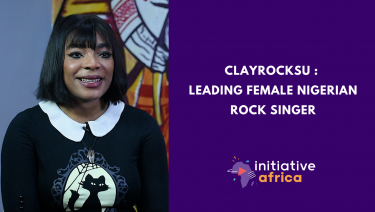
CLAYROCKSU, leading female Nigerian rock singer
She grew up singing in church and ended up fronting Nigeria’s rock scene. In this exclusive interview, Clayrocksu opens up about what it means to be a rock artist and a woman in a country dominated by Afrobeats. From her early days mixing Igbo and English lyrics, to building a community of Afro-rock musicians, she shares how music became a form of rebellion, healing, and identity. Between faith, family, and fire, her voice carries a message for all the misfits who refuse to fit in. Journalist: Sharafa
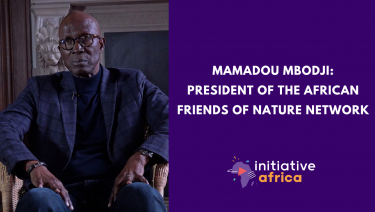
MAMADOU MBODJI: President of the African Friends of Nature Network
“Africa on the Front Lines of Climate Change: Understanding, Acting, Resisting” In this exclusive interview, Mamadou Mbodji, President of the African Friends of Nature Network, reflects on three decades of fighting for climate justice. His message: “Africa can no longer wait. There is an African emergency.” An essential exchange, full of warning and hope. Journalist: Laurence Soustras
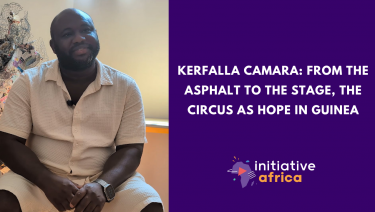
Kerfalla Camara: From the asphalt to the stage, the circus as hope in Guinea
Making circus a lever for education and social change. Born in the streets and trained in the circus, Kerfalla Camara is now the head of Circus Baobab, Guinea's first circus company, which has become a benchmark in West Africa. In this exclusive interview, he discusses: - The rebirth of Circus Baobab, a socially engaged circus - The fight to provide education to out-of-school children - The Guinean cultural roots in each show - The courage to tackle taboo subjects, such as female genital mutilation, in their latest creation, Yongoyely A powerful account of art as a tool for emancipation and social transformation. Journalist: Alexandra Vépierre
En ce moment Highlights
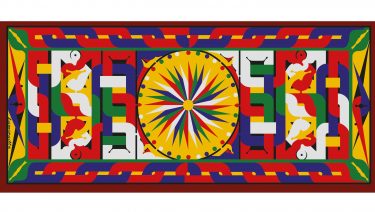
Slaves No More
The fascinating story of the Maroons of French Guiana and Suriname is told through their applied and visual arts in the exhibition “Marronnage: L’Art de Briser ses Chaînes” at the Maison de l’Amérique Latine (through September 24, 2022) in Paris.

Guinean brothers spread African flavors and soul
After Guinean Ginjan Bros become a viral sensation for their heartwarming story of perseverance, they discuss looking toward home for ideas and putting African culture in the global spotlight.
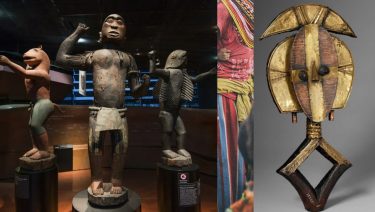
The Long Road Home for Looted Artworks
Museums around the world are now beginning to return – or promise to return – some of the objects looted from their former colonies.

How much of Africa’s NFT art boom is hype?
A look at Africa’s booming NFT art market with a focus on obstacles and future growth potential, based on interviews with Nigerian digital artist, Niyi Okeowo, and Kenyan blockchain expert, Anne Kaluvu.

Sub-Saharan Africa: a landmark architectural guide that Africa deserves
Architects Philipp Meuser and Adil Dalbai discuss the challenges involved in producing and editing the recently published groundbreaking Sub-Saharan Africa Architectural Guide.
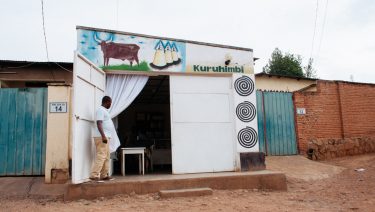
Are Rwanda’s milk bars running dry?
How climate change (droughts), Covid-19 and competition (“Milk Zones”) have impacted the traditional Rwandan milk bar and the importance of milk in Rwanda’s society, culture and economy.
Frequence Business BUSINESS FREQUENCY
Don't miss our publications, subscribe to our newsletter!
